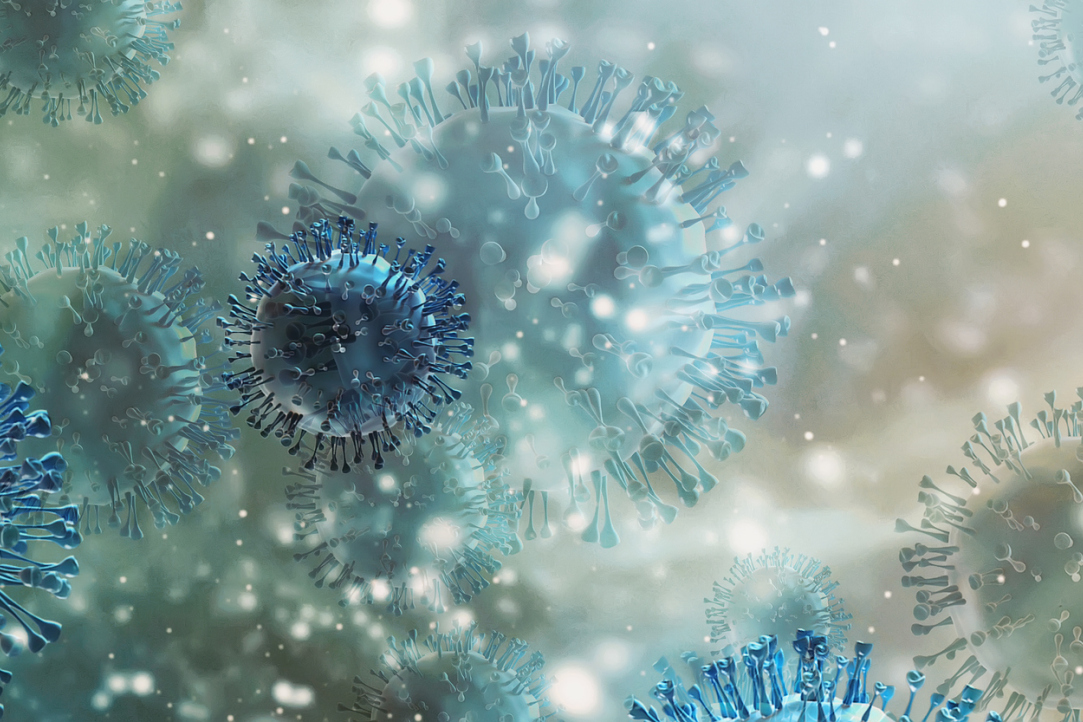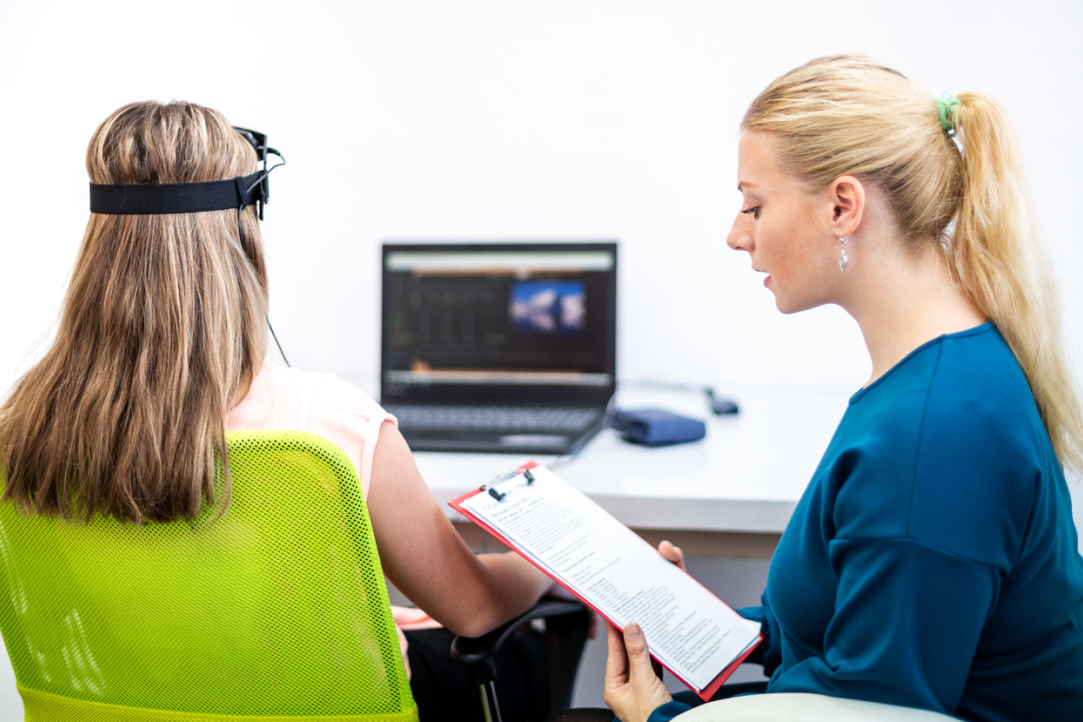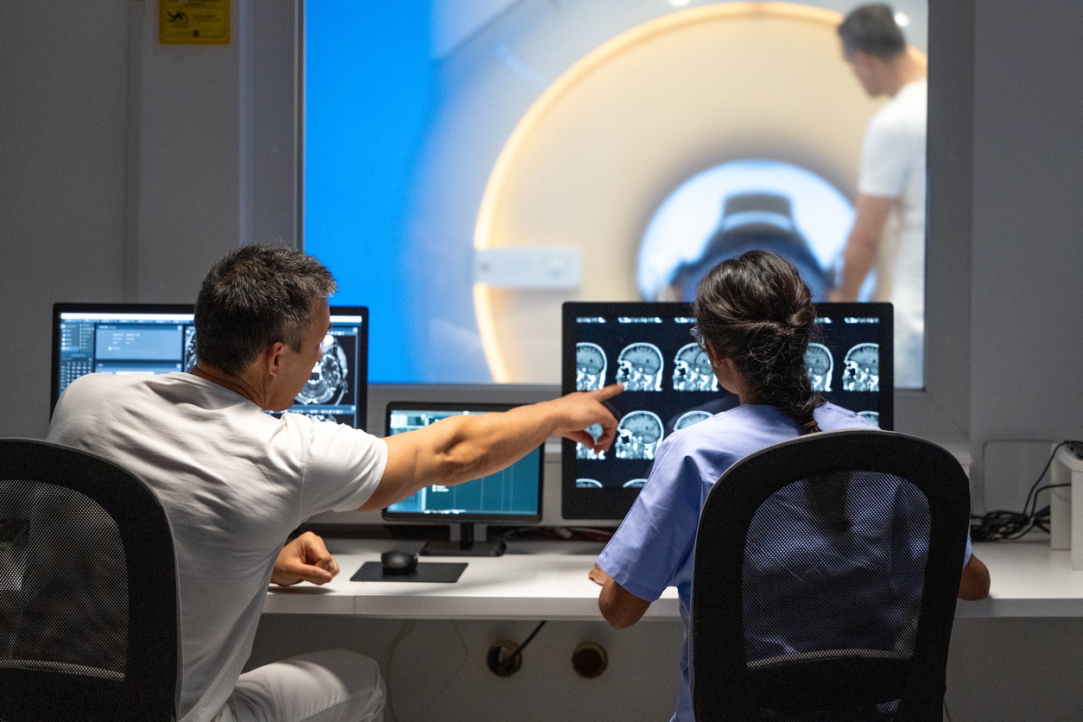
Income and Cost of Living Distribution Found to Be Similar in Russia and US
Researchers at the HSE Faculty of Economic Sciences Laboratory for Wealth Measurement analysed income and cost of living data at the sub-regional level in Russia (municipalities) and in the US (counties). The study reveals that territorial differences in the cost of living are more pronounced in Russia compared to the United States. However, the distribution of overall income across settlements of varying sizes is quite comparable in both countries. The article has been published in the HSE Economic Journal.

People Spend 1/6th of their Lifetime on Enhancing Their Appearance
An international team including HSE researchers has conducted the largest ever cross-cultural study of appearance-enhancing behaviours. They have found that people worldwide spend an average of four hours a day on enhancing their beauty. Caring for one's appearance does not depend on gender, and older people worry as much about looking their best as the young do. The strongest predictor of attractiveness-enhancing behaviours appears to be social media usage. The study findings have been published in Evolution and Human Behaviour.

Russian Researchers Explain Origins of Dangerous Coronavirus Variants
HSE researchers, in collaboration with their colleagues from Skoltech and the Central Research Institute for Epidemiology, have uncovered the mechanisms behind the emergence of new and dangerous coronavirus variants, such as Alpha, Delta, Omicron, and others. They have discovered that the likelihood of a substitution occurring at a specific site of the SARS-CoV-2 genome is dependent on concordant substitutions occurring at other sites. This explains why new and more contagious variants of the virus can emerge unexpectedly and differ significantly from those that were previously circulating. The study’s findings have been published in eLife.

EEG and Eye Tracking Help Calculate Attentional Engagement Index
Researchers at the HSE Institute of Cognitive Neuroscience have discovered that analysing the electrical activity in the brains of a small group of people and studying their visual attention makes it possible to predict the impact of an online advertising campaign on a much larger group of 300,000 consumers. The paper has been published in Brain Sciences.

Language Impairment in Autism Associated with Grey Matter Volume
Researchers from Russia and the U.S. have found language impairment in children with Autism Spectrum Disorder (ASD) to be associated with a lower volume of grey matter and greater gyrification in the temporal and frontal lobes of the cerebral cortex. These regions play a critical role in language functioning. Understanding the structural characteristics that underlie behavioural deficits can aid in designing special education programmes for children with autism. A paper with the study’s findings has been published in Scientific Reports.

HSE Psychologists Propose New Approach to Building Soft Skills
Researchers at HSE's School of Psychology have used the findings of studies into creativity and multilingualism to develop 'Plurilingual Intercultural Creative Keys’ (PICK), a new programme which integrates both aspects into the teaching and learning process. The study results have been published in Psychology. Journal of the Higher School of Economics.

Alcohol Consumption by Young Russians Drops by Half, Study Says
Sociologist Valeria Kondratenko used data from the Russian Longitudinal Monitoring Survey-HSE (RLMS-HSE) to demonstrate that the percentage of young Russians aged 14 to 22 who consume alcohol decreased by 2.3 times from 62.1% to 26.9% between 2006 and 2019. This paper also explores the correlation between the alcohol consumption habits of children and those of their parents. A paper with the findings of this study has been published in the Bulletin of RLMS–HSE.

Artificial Case: ChatGPT Helps HSE Lawyer Write Article for Academic Journal
Roman Yankovskiy, head of the Centre for Legal Education Transformation at the HSE Faculty of Law, academic supervisor of the Digital Lawyer programme, has written an article in a legal journal using ChatGPT. The experiment was agreed upon with the journal’s editorial board. The author explains why we need such an experience, whether artificial intelligence (AI) is up to the task, and whether we can prohibit its use in scientific work.

12% of Middle-aged Female Russians Look After Both Children and Parents at the Same Time
Economists at HSE University and the Russian Presidential Academy of National Economy and Public Administration (RANEPA) have assessed the situation of women from the ‘sandwich generation’ — those who have to take care of both their children and elderly parents. The results were mixed: women in this situation often fail to eat regularly, neglect medical check-ups and are more likely to be overweight, but at the same time suffer less frequently from chronic diseases, smoke and drink less and generally show a higher level of life satisfaction. The preprint of the study is published in the Munich Personal RePEc Archive.

Obesity in Men Associated with Individualism, Study Finds
Researchers of the HSE Laboratory for Comparative Social Research (LCSR), jointly with colleagues from research centres in Germany, Australia and China, examined the relationship between national variations in obesity rates and cultural dimensions. The associations they found were tested empirically through analyses conducted across 51 countries worldwide. Individualism appears to be associated with a higher prevalence of obesity, but only in the male population. The study findings have been published in Social Science & Medicine.


Application deadline: June 23, 2025